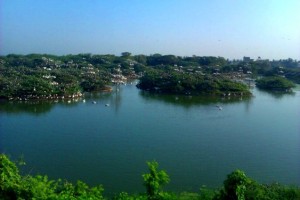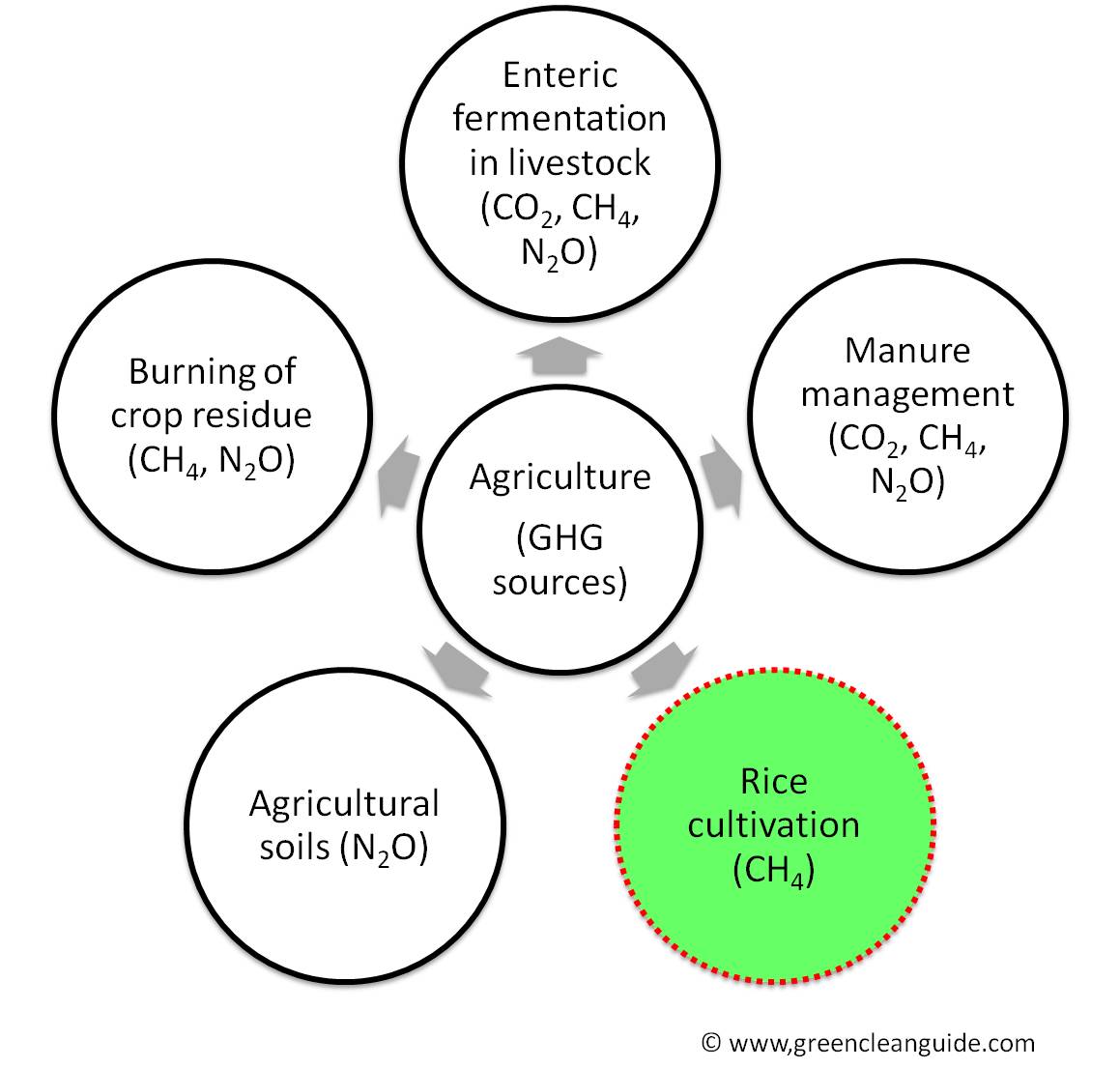Effective management and conservation of water resources
 The total amount of water available for use is limited. In view of the variability of rainfall in our country, this precious resource needs to be effectively managed and conserved. Due to the unwise use of water resources by our enormous population and poor distribution and maintenance practices, the existing system has resulted in serious shortages.
The total amount of water available for use is limited. In view of the variability of rainfall in our country, this precious resource needs to be effectively managed and conserved. Due to the unwise use of water resources by our enormous population and poor distribution and maintenance practices, the existing system has resulted in serious shortages.
Effective management and conservation of water has to incorporate the following two strategies:
- Reduction in loss and wastage of water.
- Harvesting, collection and improved storage of water.
Reduction in wastage of water:
Reducing the wastage of water can be best achieved by launching awareness campaigns to involve all sections of the society for the conservation of water. Such awareness is possible through different media such as newspapers, radio and TV.
Any agency either government or otherwise responsible for water meters and charging for water use should make it a point to install efficient meters and decide to charge a rate which will force the public to reduce use of municipal water.
Tap, shower flow restrictors and low volume toilet flushes can help in reducing water use. Any leak in water pipes and faucets should be detected and repaired immediately. Lawns and gardens should be watered in the early morning or late in the evening so that water evaporation losses are minimized.
Rain water is the major source of water for irrigation of agricultural fields in the country and for recharging the ground water. Rain fall is restricted to three months in a year therefore, rain water should be stored and use of ground water well planned as groundwater is a renewable water source and gets replenished by natural process of recharge. Loss of water through seepage and evaporation, water wasted on weeds, cost of bringing water from ponds to place of use should be minimized. Harvesting, collecting, recharging of ground water and water storage1.Recharging of ground water. Flood waters may be injected into aquifers (underground water reservoirs) through series of deep pits or ditches.
Small reservoirs and percolation tanks can be dug to hold run off water recharging ground water.
Rain water harvesting
Rain water harvesting can be carried out by building power for recharging ground water. Storm water, used water, domestic drains can be fed into pits, trenches, depressions to be filtered and percolated through the soil for recharging ground water. Desiltation of canals and tanks should be done regularly. Pre-monsoon tillage of fields helps to conserve soil moisture.
Proper treatment of domestic and municipal waste water which is rich in organic matter and pathogens material also helps to conserve water. Treatment ensures the removal of pollutants, germs and toxic elements.
Since India is a developing country, increasing water demand is a reality which is in turn required for the expansion of irrigation, increasing demand by industry, increased demand due to growing population and increasing water use due to changing life style. We receive the second highest rainfall in the world, first being Brazil, but much less rain water infiltrates the soil or is retained to increase water table. It is thus very crucial to conserve water. Making people aware of water scarcity will be the first step in this conservation strategy in order to utilise our water resources judiciously.


